In this third and final article in a series on philosophy and science, we look at how modern science shows the validity of dialectical processes and how this can help guide science.


In this third and final article in a series on philosophy and science, we look at how modern science shows the validity of dialectical processes and how this can help guide science.
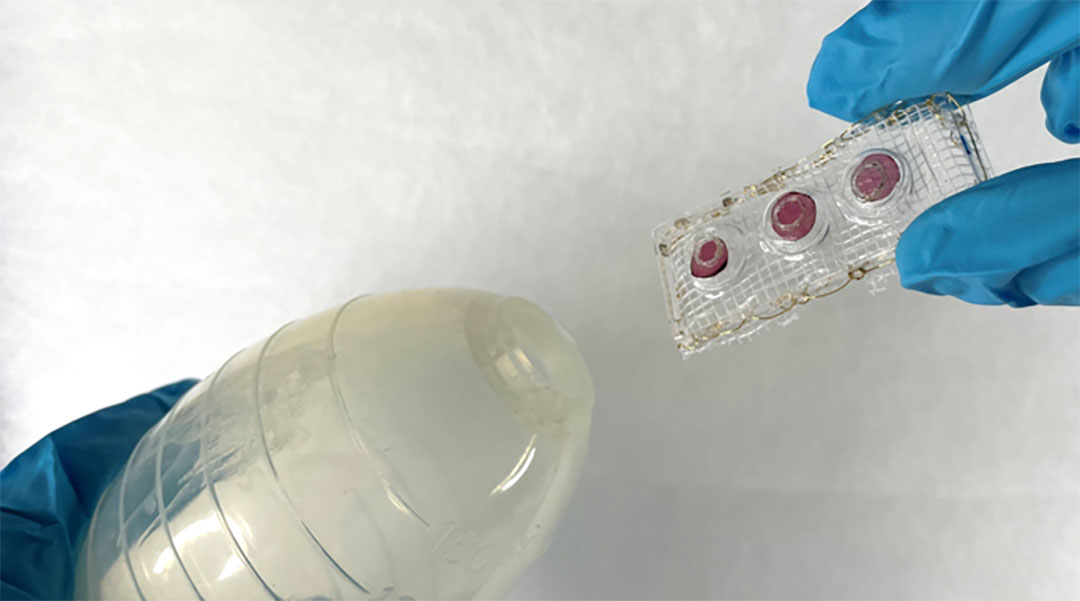
Enzymes embedded into a plastic strip enable the rapid, naked eye-detection of incompletely healed tissue following abdominal surgery.

Scientists are approaching disease and diagnosis in a new way, leverage big data to provide better options for both clinicians and patients.
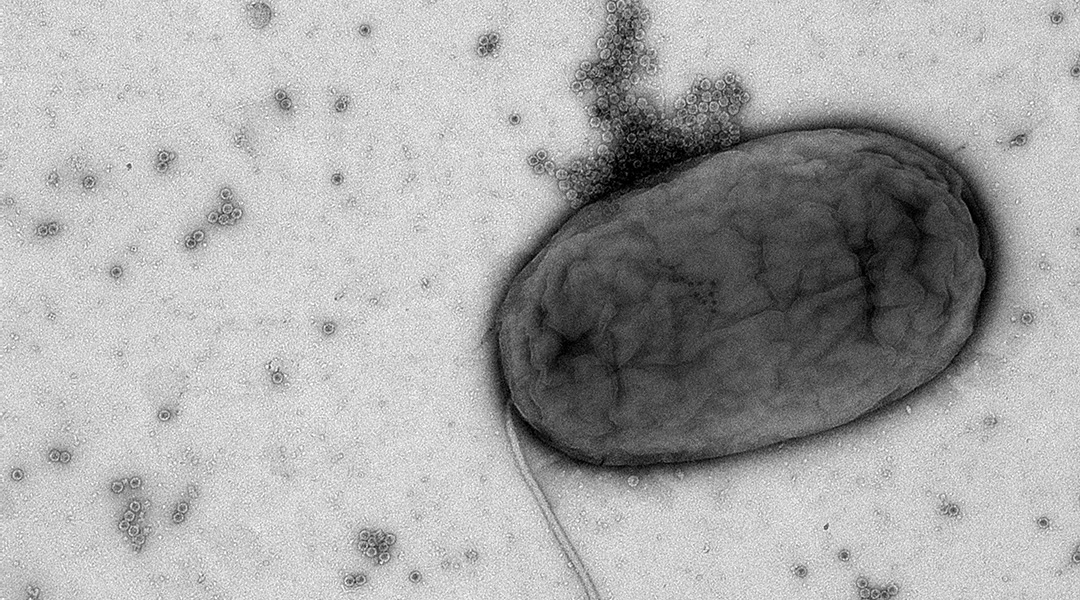
Harnessing bacteriophages’ natural prowess, scientists crafted an antibacterial material for use in medicine and the food industry.
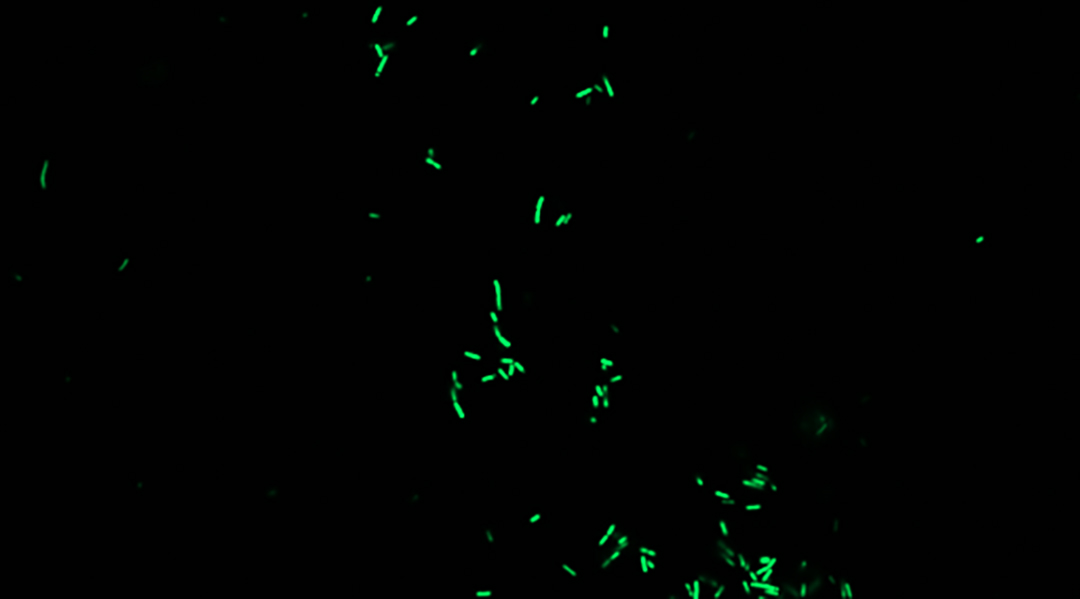
First living biosensor developed to study honeybee gut microbiome, providing insights into health and conservation.
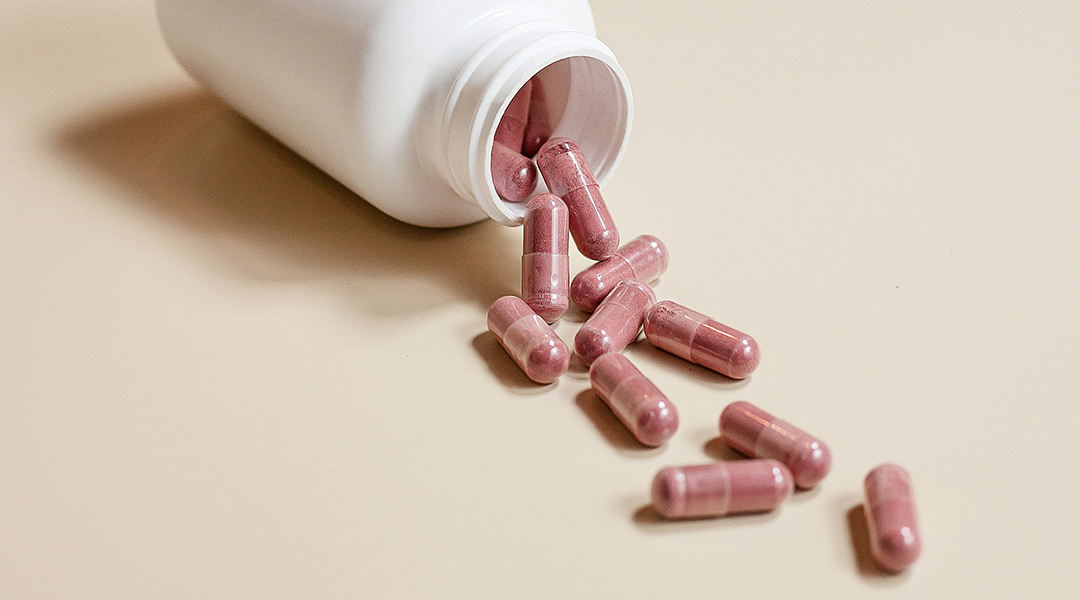
Study finds patients with high risk factors for cardiovascular disease may benefit from preemptive use of specific probiotics.
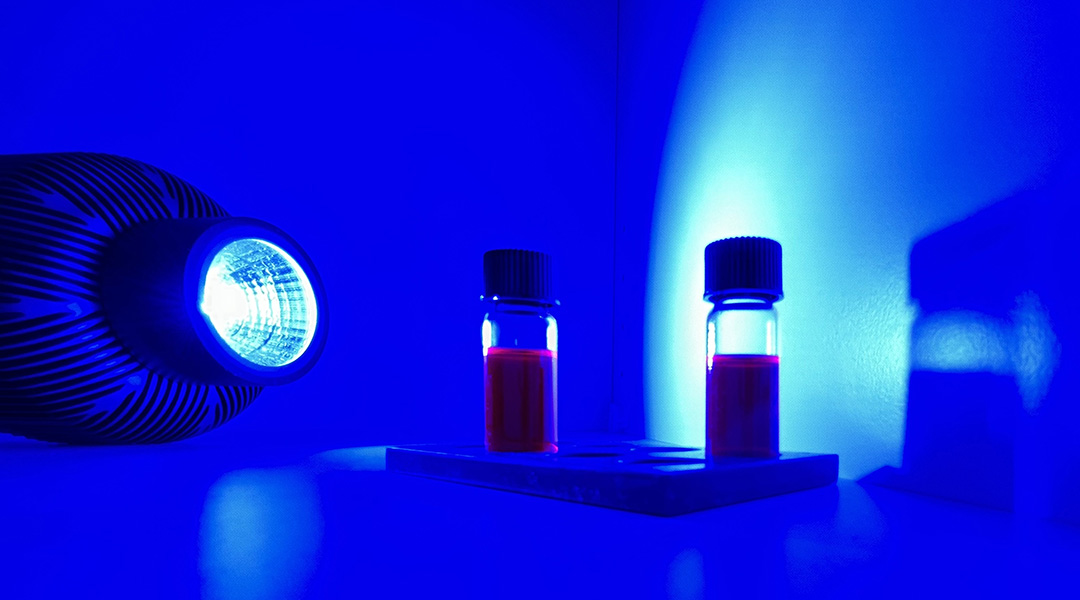
Researchers use photocatalysis to edit molecules, adjusting carbon-based ring sizes for versatile structures.
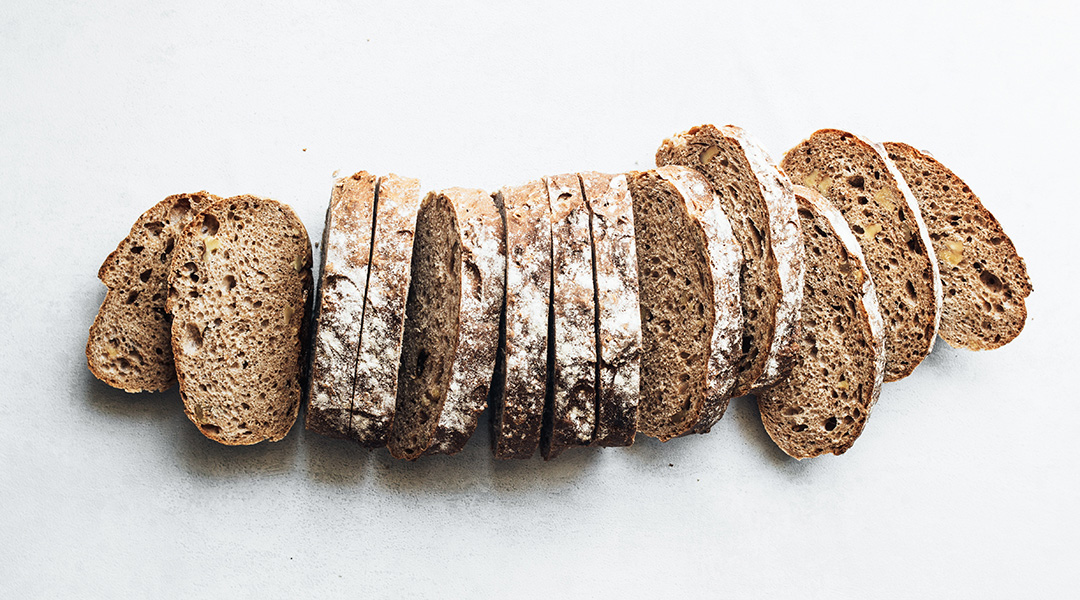
The nocebo effect appears to play a role in gluten sensitivity, indicating the brain’s possible involvement in the condition.

The ongoing debate at COP28 over the phase out of fossil fuels is impeding efforts to address the severe impacts of climate change.
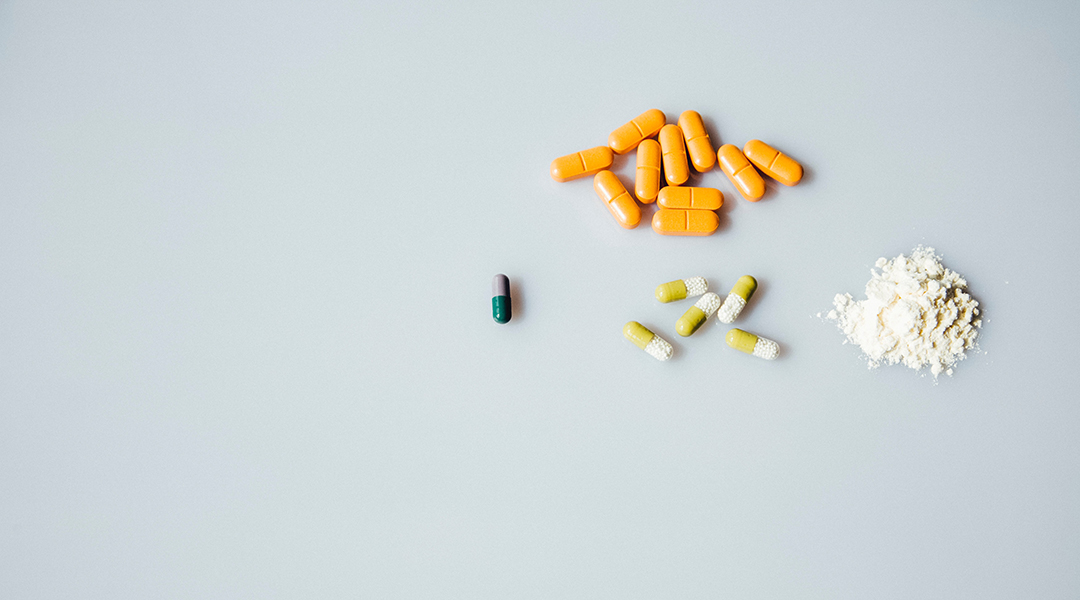
The evidence says healthy people can skip the supplement with peace of mind.